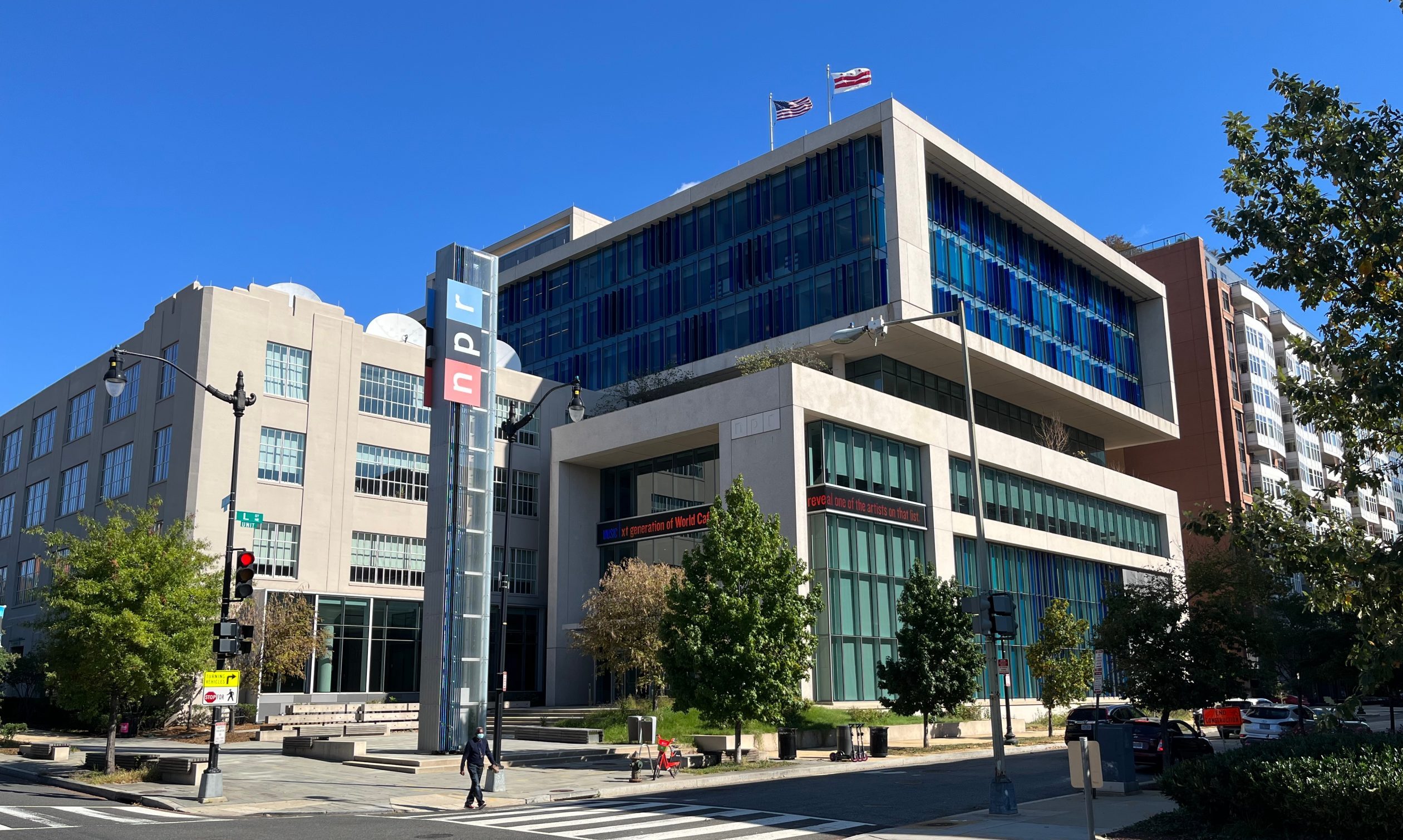The PMA Briefing
Public media, working together?
24 September 2025
French public media unite against attacks from private media; public media stations in Florida plea for financial help from NPR; but in South Korea, broadcaster have differing approaches on the question of AI and copyright. Plus, should gambling ads be banned?
France: Public broadcasters stand together in face of smear campaign
The leaders of France’s public television and radio stations have united to criticise the smear campaign being run by the media companies run by mogul Vincent Bolloré against public service broadcasting. Although Bolloré has been a long-time critique, attacks on public media from his media companies escalated after the release of a secretly recorded video which showed a compromising exchange between Socialist Party politicians and public media journalists. The journalists in question were subsequently stood down by France Inter, although they said their comments were taken out of context.
This was followed by a wave of media coverage, including by Bolloré’s media outlets, accusing the public media of bias in favour of the left. Politicians seized on the story, with the far-right Union of the Right for the Republic (UDR) calling for the creation of a commission of inquiry into the neutrality of the French public media, and National Rally leader Marine Le Pen calling for the immediate privatisation of public media and the departure of the president of France Télévisions.
However, the directors of France Télévisions and Radio France subsequently responded saying that there was a systemic and coordinated campaign to undermine public media, being led by Bolloré’s media companies. Delphine Ernotte Cunci, the CEO of France Télévisions, insisted for a stronger support for public broadcasting and their independence in a climate of expansion of opinion channels threatening the democratic debate.

US: Closures and cuts as rescissions package begins to bite
A Pennsylvanian public broadcaster has closed, and NPR has said it will have to reduce its budget, as public media nationwide continues to feel the impact of the ending of federal funding. The decision taken by Congress in July saw central government strip away its $1.1 billion funding for the entire system of public media. The Corporation for Public Broadcasting – the independent non-profit entity tasked with distributing that funding – closed soon after.
Now, how those cuts will manifest is becoming more apparent. According to NPR’s David Folkenflik, NPR is planning to trim its budget by $5 million, but ahead of the start of the new financial year on 1 October, there is uncertainty about just how much funding NPR will receive.
Meanwhile, as reported by The New York Times, there are pleas from local and rural stations for NPR and PBS to lower the station dues – the subscription fees that allow stations to broadcast NPR and PBS content. Although NPR and PBS have already lowered their dues, 24 public media stations in Florida wrote to NPR’s CEO, Katherine Maher, saying “Simply put, the fee relief plan NPR has proposed is not sufficient to keep many NPR programs on the air in much of Florida.”
Some broadcasters are considering ending their relationship with NPR or PBS, while others are closing down altogether. WPSU, a Pennsylvanian public broadcaster attached to Penn State University, which celebrated its 60th anniversary this year, announced it would be shutting down this September, after losing $1.3 million of federal funding.

South Korea: Copyright battles in the age of AI
The Seoul Broadcasting System (SBS) has announced a new fee structure for companies wanting to use its content to train artificial intelligence. It comes amid intensifying copyright battles over the use of broadcasters’ and media content both in South Korea and internationally.
“The fee structure was set by comprehensively considering factors such as the timeliness and volume of the news data, as well as the (AI) company’s size, revenue and net profit. However, we plan to apply a separate, lower rate for public research projects or small and venture (AI) businesses,” a SBS official said in a statement to the Korea Herald.
It comes after public broadcaster KBS in July announced a partnership with the AI firm, Naver, to mine its archival content. KBS had previously been party to a lawsuit filed in January against the tech company, alongside other broadcasters including SBS, in which they accused Naver of scraping its news content without permission to train its models. Such lawsuits have been filed in several countries, including in the United States, where The New York Times has sued Open AI for similar reasons.

Australia: Calls for protections against gambling ads online
The former chair of public broadcaster Special Broadcasting Service (SBS), has called for other Australian broadcasters to follow its lead to protect children from “addictive and destructive” ads on online platforms. SBS last year trialled a feature on its online streaming service that allowed parents to opt-out of any gambling, alcohol or fast food advertising, a feature the broadcaster will now make permanent.
George Savvides, who retired in July, said other commercial media should follow suit, telling The Guardian “I cannot imagine the level of dissatisfaction that viewers of other Australian TV networks endure as they have to sit through a significantly larger TV advertising load per hour filled with gambling ads surrounding live sport coverage.”
He also urged the Australian government to adopt the recommendations of a parliamentary inquiry into online gambling, which recommended a complete ban of gambling ads.

Featured Image:France Télévisions’ building in Paris.Credit:Omarukai/Creative Commons
Related Posts
9th September 2025
New governance structures and electoral concerns | The PMA Briefing
The outcomes of upcoming elections…
2nd September 2025
What future for public media? | PMA Briefing
Germany and Thailand discuss the future…
27th August 2025
Supporting journalism and public media | The PMA Briefing
Calls to end killing of journalists in…
20th August 2025
Cuts implemented, threatened, and rejected | The PMA Briefing
American public media announce cuts;…



